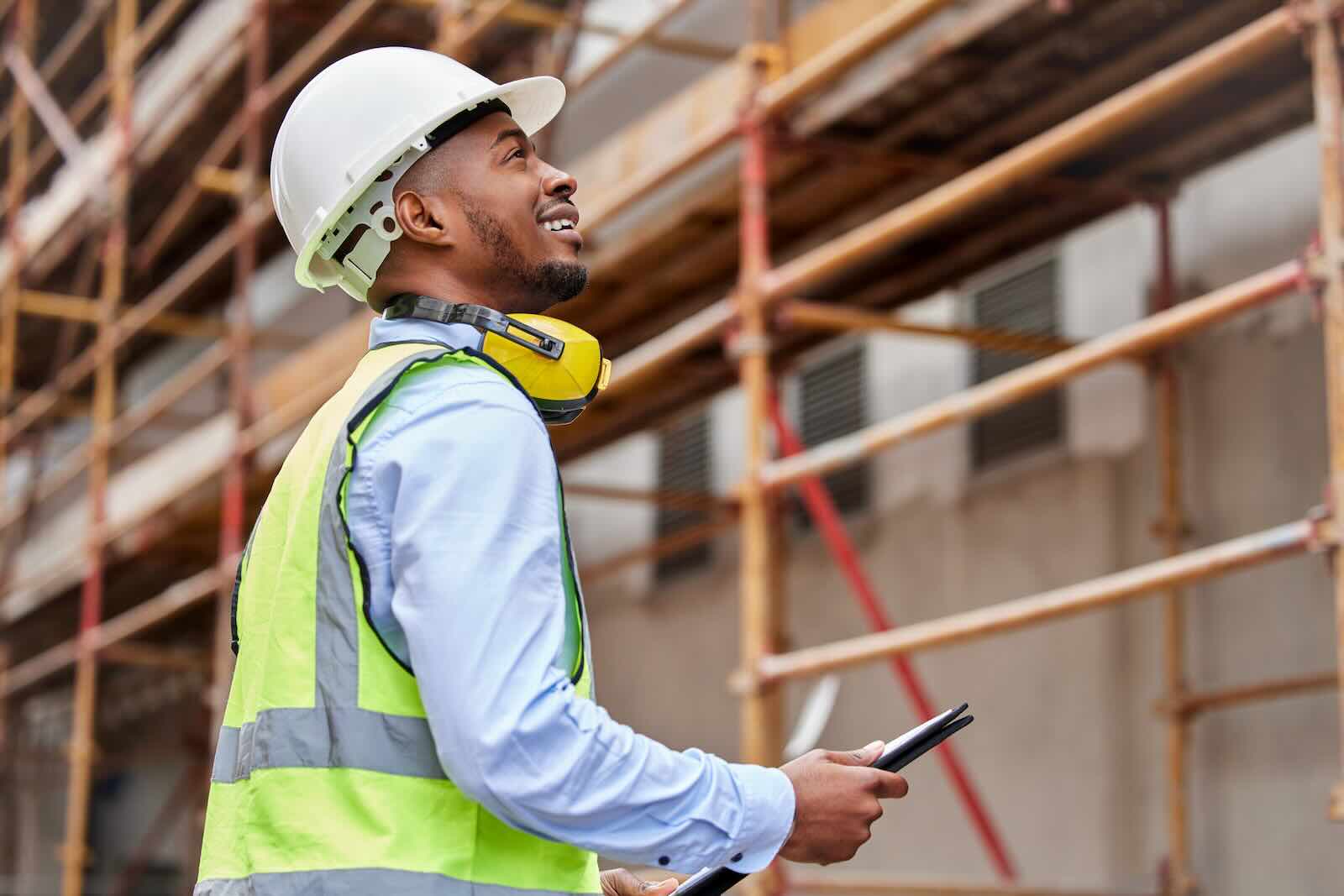TGIF, Agents of Impact!
Thanks to the more than 300 Agents of Impact who signed up for yesterday’s Call No. 9. A special shout-out to Ommeed Sathe, Sandeep Farias, Liesel Pritzker Simmons and Robynn Steffen, who shared their maps of The Land Beyond Trade-Offs. We’ll collect up the signposts and markers and share them next week. In the meantime, have a wonderful summer weekend.
– The ImpactAlpha team
Featured: The Brief’s Big 6
1. Flexible family capital. In the seventh and final podcast in the Beyond Trade-offs series, Blue Haven Initiative’s Liesel Pritzker Simmons makes the case that wealthy families have an extra responsibility to drive impact across their portfolios. More than 3,000 single and multi-family offices hold more than $1.7 trillion in assets in the U.S. alone. “We are inheritors. I did not make the money I am managing. And I know that,” Pritzker Simmons says. “But I take the responsibility of stewarding that money pretty seriously. I damn well better know what that money’s doing and make sure that it’s having as much of a positive impact on the world as possible as I pass it along to my children.” Blue Haven has distinct pools of capital, with distinct expectations for risk, returns and impact. “The role of the impact investor is to take a step back and say, “What’s the thing you’re trying to accomplish? What’s the best way to scale that impact?” Pritzker Simmons says. “Sometimes it’s through market-rate investing. And sometimes, it absolutely is not.” Read on and listen in.
- Binge on Beyond Trade-offs. Catch up on the full series of podcasts (and subscribe on iTunes, Spotify, SoundCloud or Stitcher).
2. Harvard’s George Serafeim on solving ESG’s disconnect. Consumer-goods sector efforts to lift people out of poverty have failed. Health care companies are failing to make fundamental improvements in health because they are not addressing the social determinants of health. In an interview with ImpactAlpha, George Serafeim, a professor at Harvard Business School, says that without system-level understanding, “innovations and management practices to bring people together and collaborate will fail to have more positive impact from the company side and, as a result, from the investment side as well.” A case in point: investments that target low-income consumers without helping them improve their livelihoods, either as employees or suppliers. Says Serafeim: “We forget that if those people don’t enter as suppliers or employees they will never have the financial capacity to become consumers.” The Q&A.
- Join the conversation. Serafeim will keynote the Palladium Impact Summit in New York next month. (ImpactAlpha is a media sponsor of the June 25 event; subscribers can get 10% off with the code IMPACTALPHA10.)
3. Agents of Impact: Sofia Hmich of Future Positive Capital. What’s one answer to venture capital’s ills? Positive social impact. Hmich, the founder of Paris- and London-based Future Positive Capital, has raised more than $57 million on the thesis that “tech for good” also generates better returns than legacy venture capital. Hmich’s thesis is that ventures with explicit positive social and environmental intent will out-perform non-impact businesses. The underlying technologies are “solving complex challenges that create greater value,” by creating new markets or addressing overlooked populations, Hmich tells ImpactAlpha. The 31-year-old investor and entrepreneur is the daughter of Moroccan immigrants and grew up in Paris’s peripheral, low-income banlieues before graduating from an elite French business school. Hmich got a taste of the impact opportunity as an investor in Ynsect, an early-mover in insect-based animal feed. Her limited partners are betting on Future Positive’s knack for finding startups using AI, robotics synthetic biology and other “deep technologies” to address climate change, demographic shifts, health care and food production.
The growing tech-for-good club includes Fifty.vc and Techstars Impact, which target the Sustainable Development Goals; Breakthrough Energy Ventures in climate and Generation Investment Management in sustainability. TPG Growth’s Rise Fund touted Zipline, which raised $190 million, as “not just a drone company, but rather a transformative technology business using next-generation logistical solutions to provide lifesaving services.” With Future Positive Capital, Hmich is out to prove the value of impact tech. “The reason there is skepticism is that we need more exits,” she says. “It’s a chicken-and-egg problem. If you don’t invest, you won’t have those exits.” Follow ImpactAlpha on Instagram.
- Follow the talent with ImpactAlpha’s weekly report on career moves, job openings, events and opportunities.
4. Deals of the week. Stay on top of the dealflow all week long on ImpactAlpha.com. A few that stood out:
- Farmer finance. Agritask raises $6 million to help farmers weather climate change… TIAA’s Nuveen backs farmer financing company Samunnati… FinDev Canada invests in EcoEnterprises third fund.
- Women rising. StandUp raises C$18 million to invest in Canada’s women-led tech startups.
- Climate finance. Breakthrough Energy Ventures Europe goes live with €100 million.
- Private equity watch. Bain Capital Double Impact acquires Rodeo Dental to expand access to dental care.
5. Scaling co-op startups to share the wealth. Greg Brodsky is on a mission to blend the “lean” nature of the tech startup community with the shared ownership of the co-op community. Five co-op startups completed the 12-week training program of Brodsky’s Start.coop accelerator and started raising money this month. “We want to help the entrepreneurs, but we also want to help update the narrative and take some of the mystery out of the word ‘co-op,’” Brodsky told ImpactAlpha in the latest profile in our New Revivalists series. Brodsky touts co-ops shared profits and governance structures, as well as what he calls he calls the psychosocial factor: “What does it mean to be an owner of a company versus just a customer?” he asks. “The ownership actually changes our relationship with businesses.” Join the revival.
6. Accountability for impact is the new fiduciary duty. Investors for many years have demanded that their assets don’t cause environmental or social problems. Now, wealth managers have to not only ensure against the bad stuff like pollution and exploitation, they must also look for investments that positively benefit the world, writes Shami Nissan of Actis, a $9 billion emerging-markets asset manager. In a guest post on ImpactAlpha, Nissan says “the industry needs a common way to recognize, measure and compare impact in precisely the same way that investors use standard investment metrics to gauge likely financial returns.” Towards a single standard.
— May 31, 2019.










